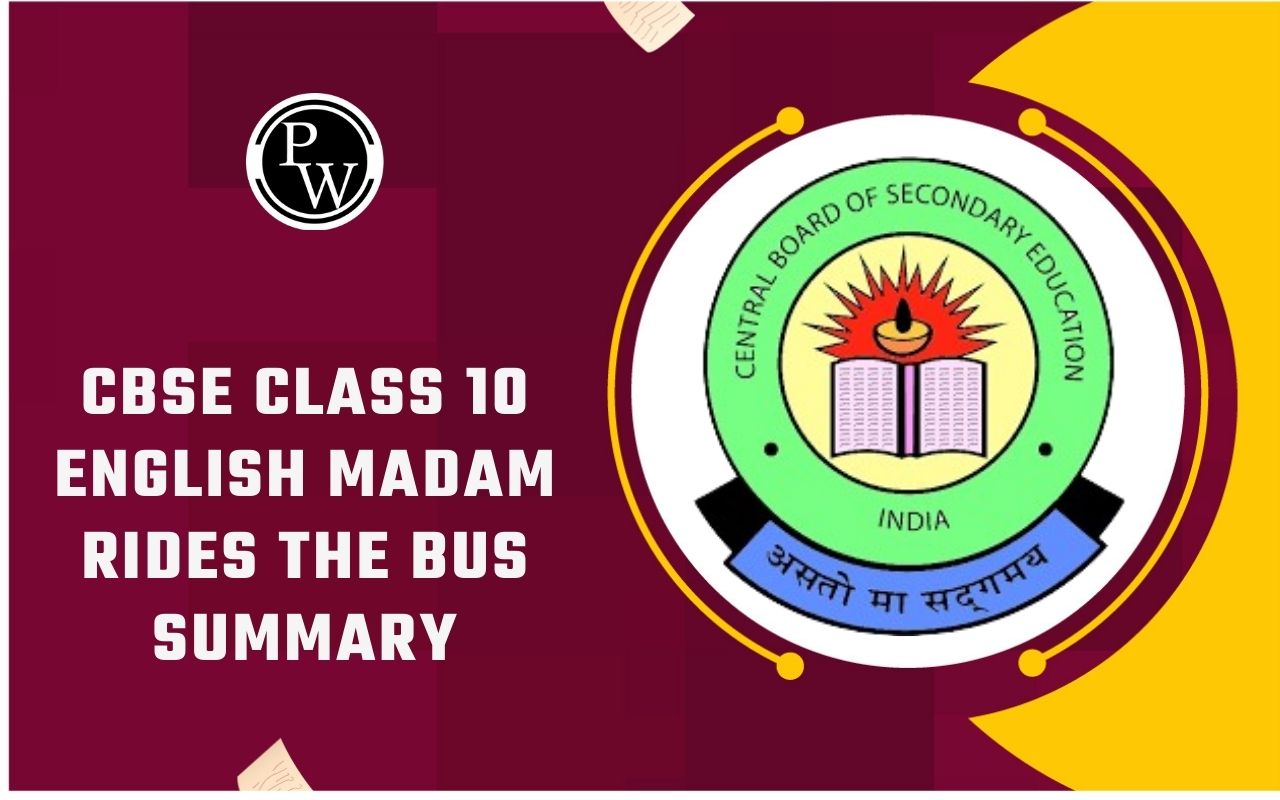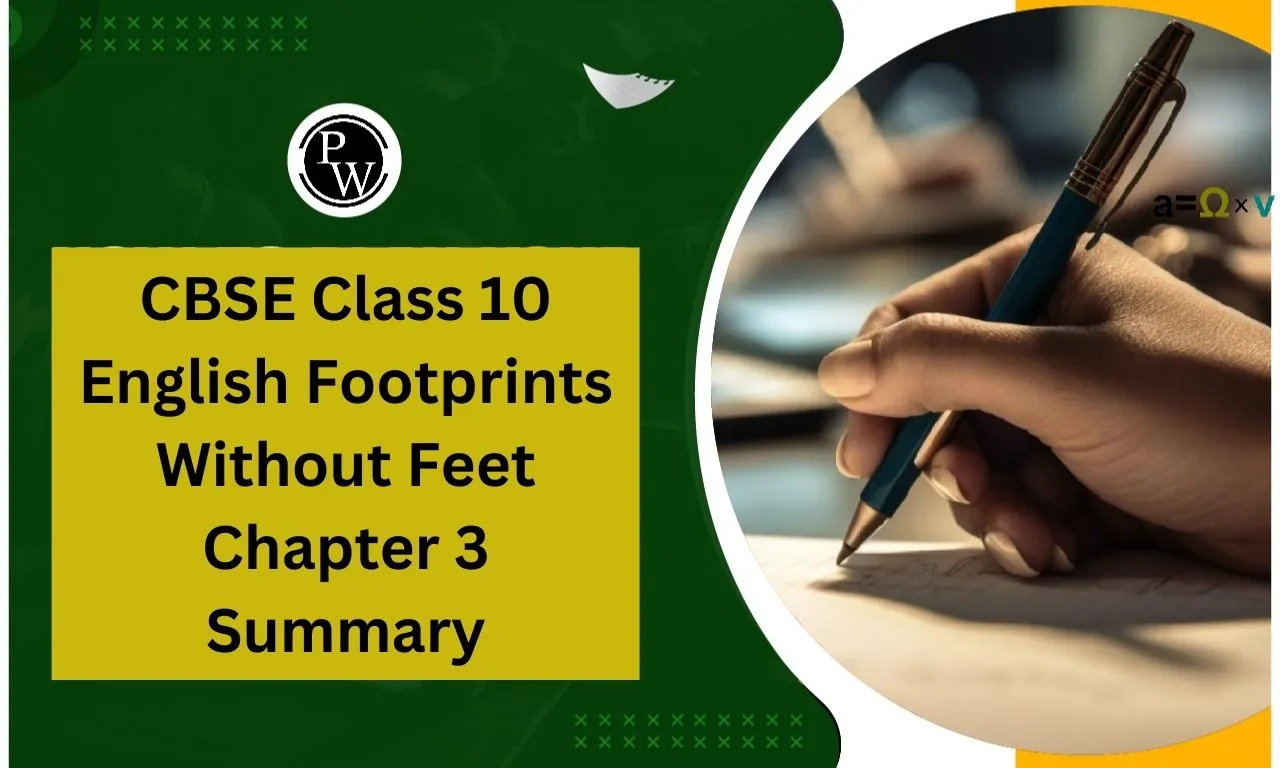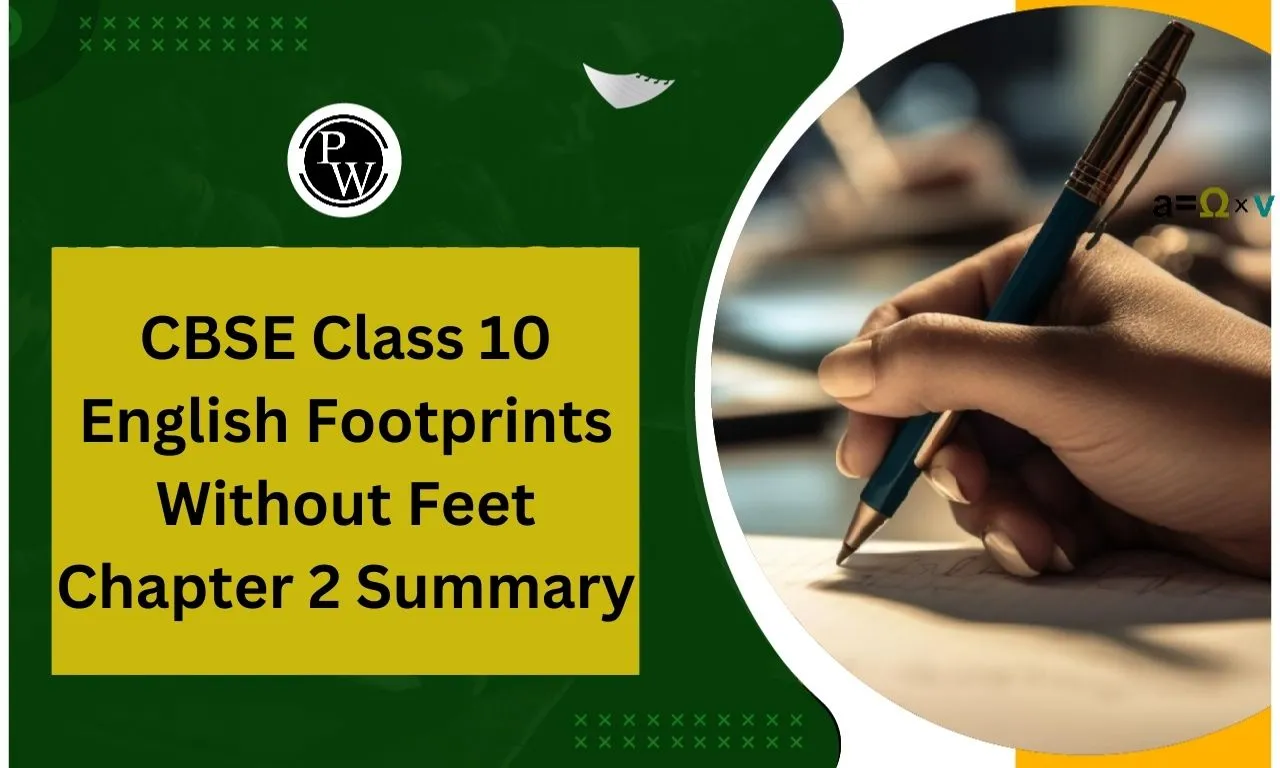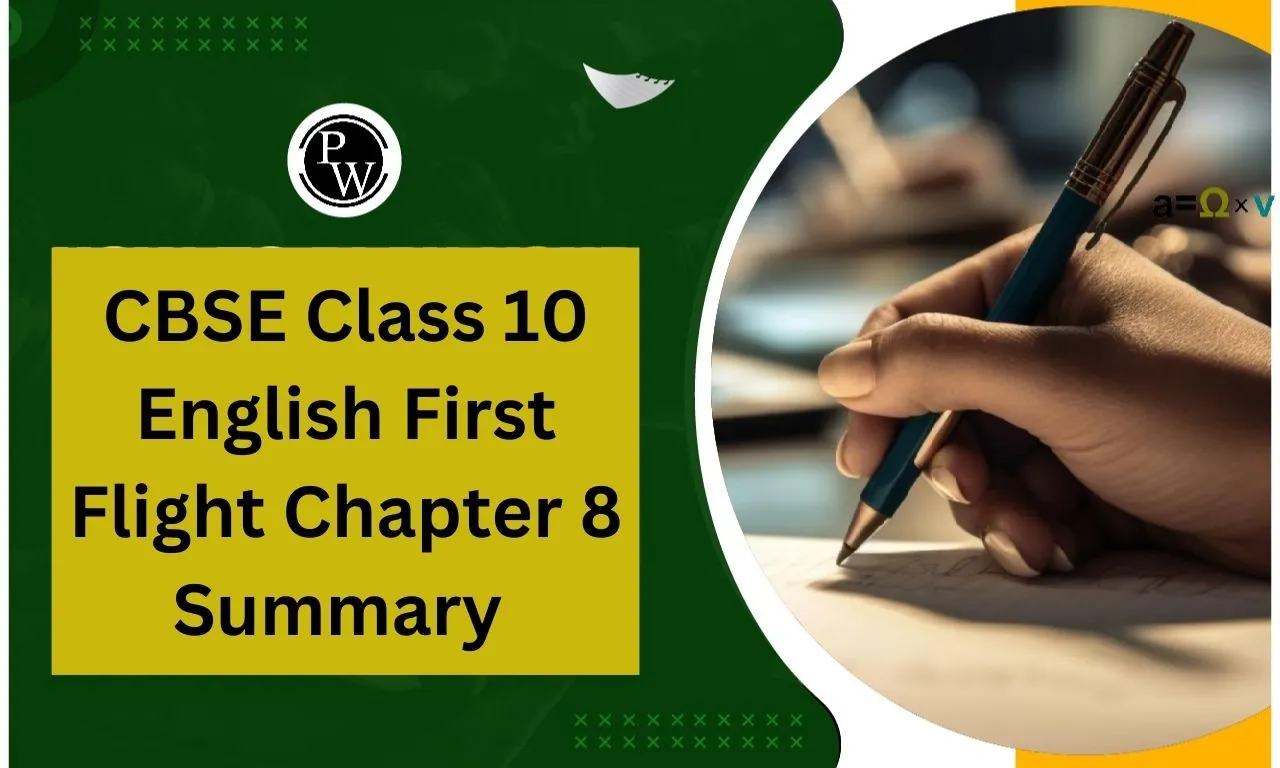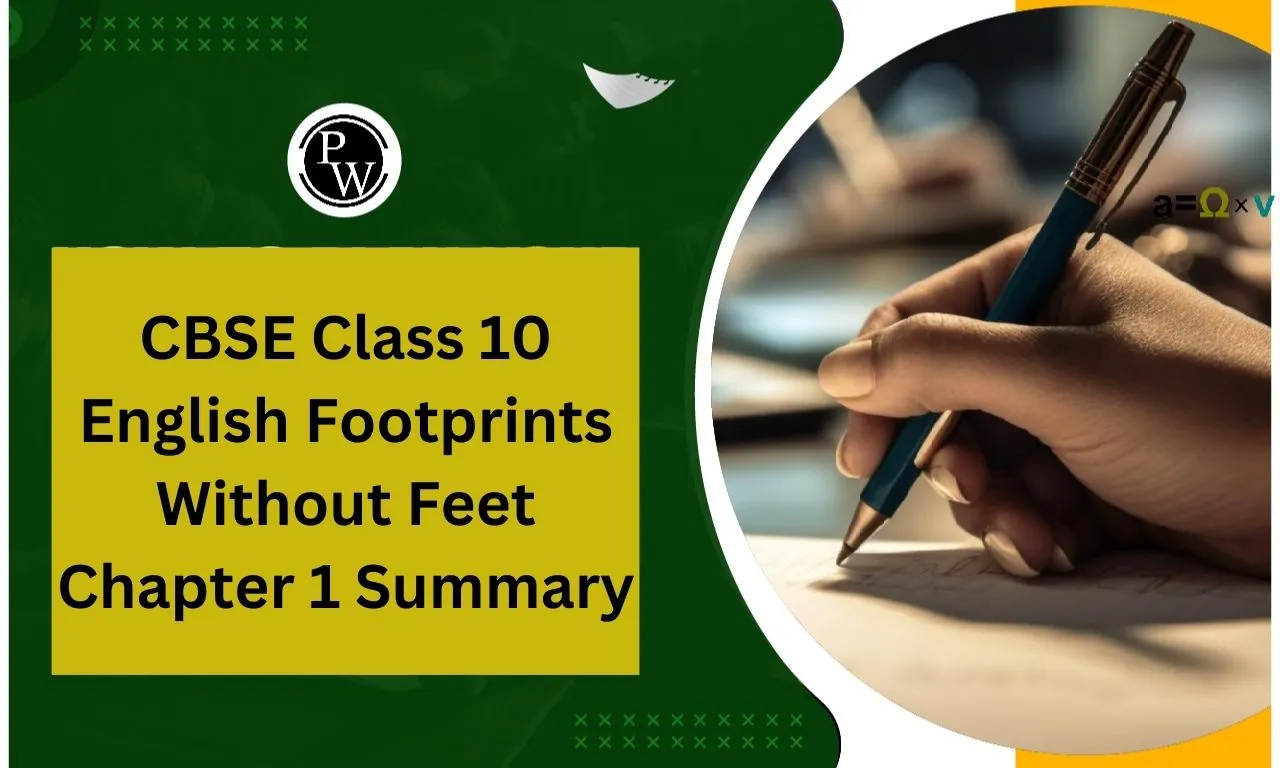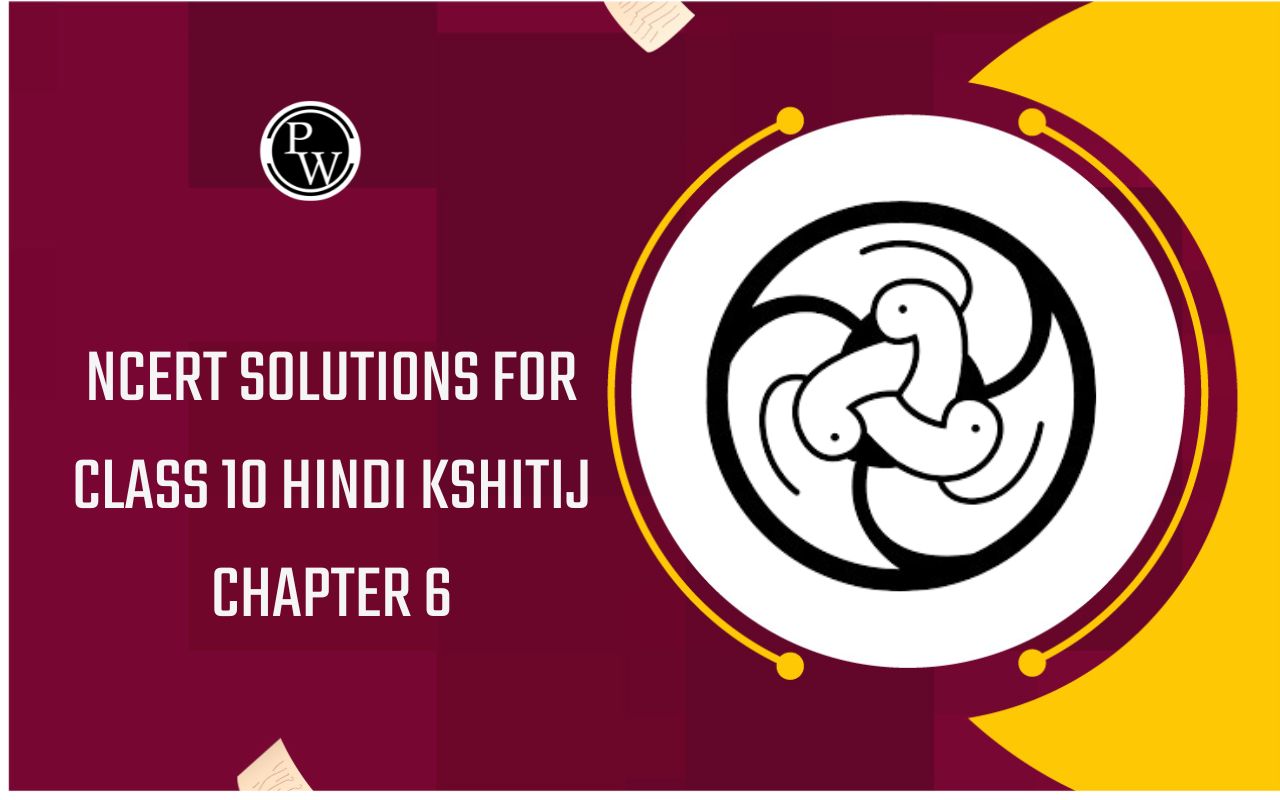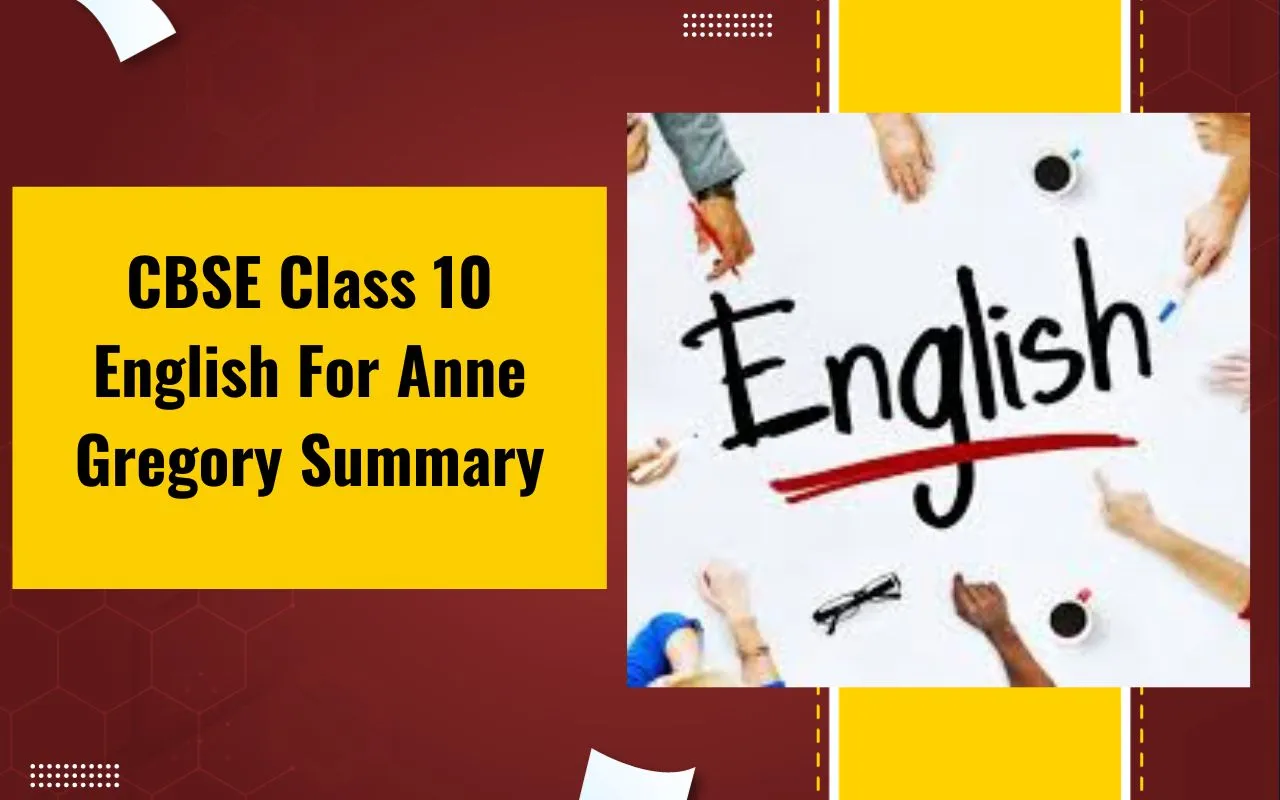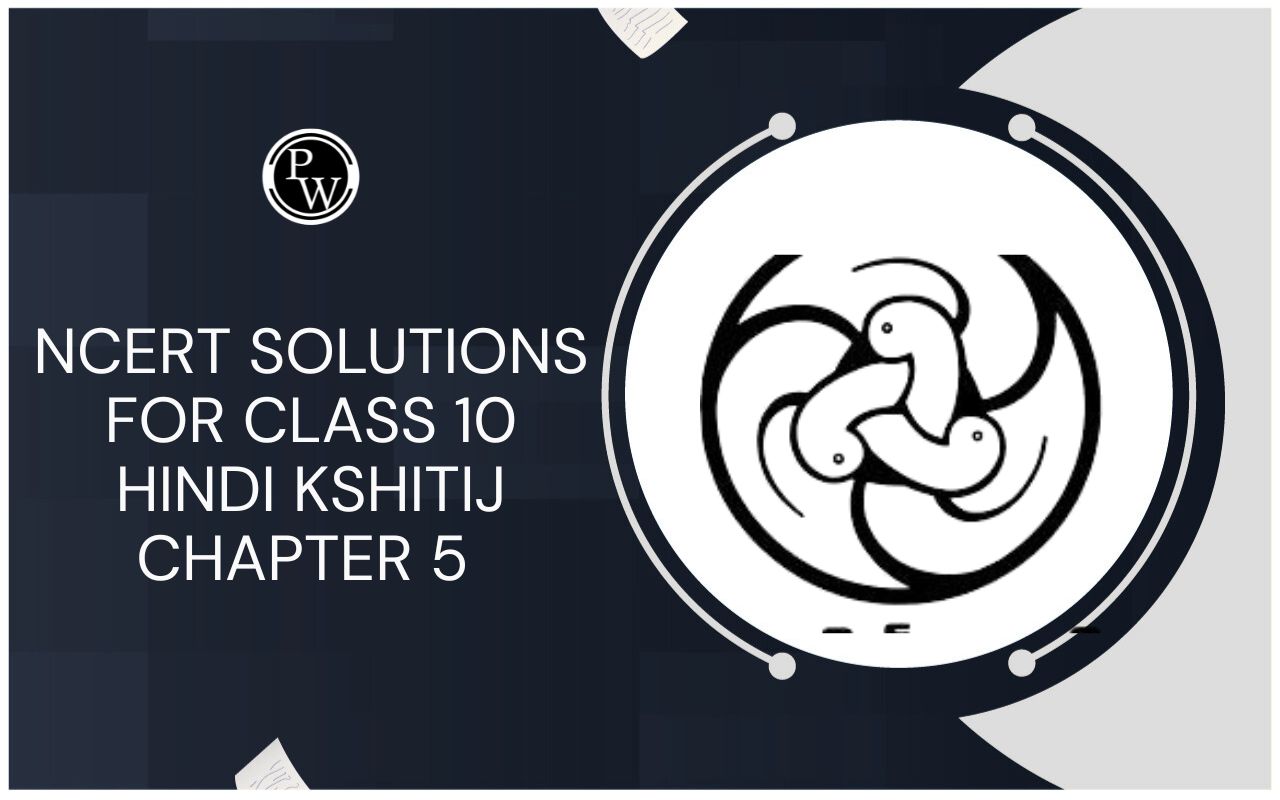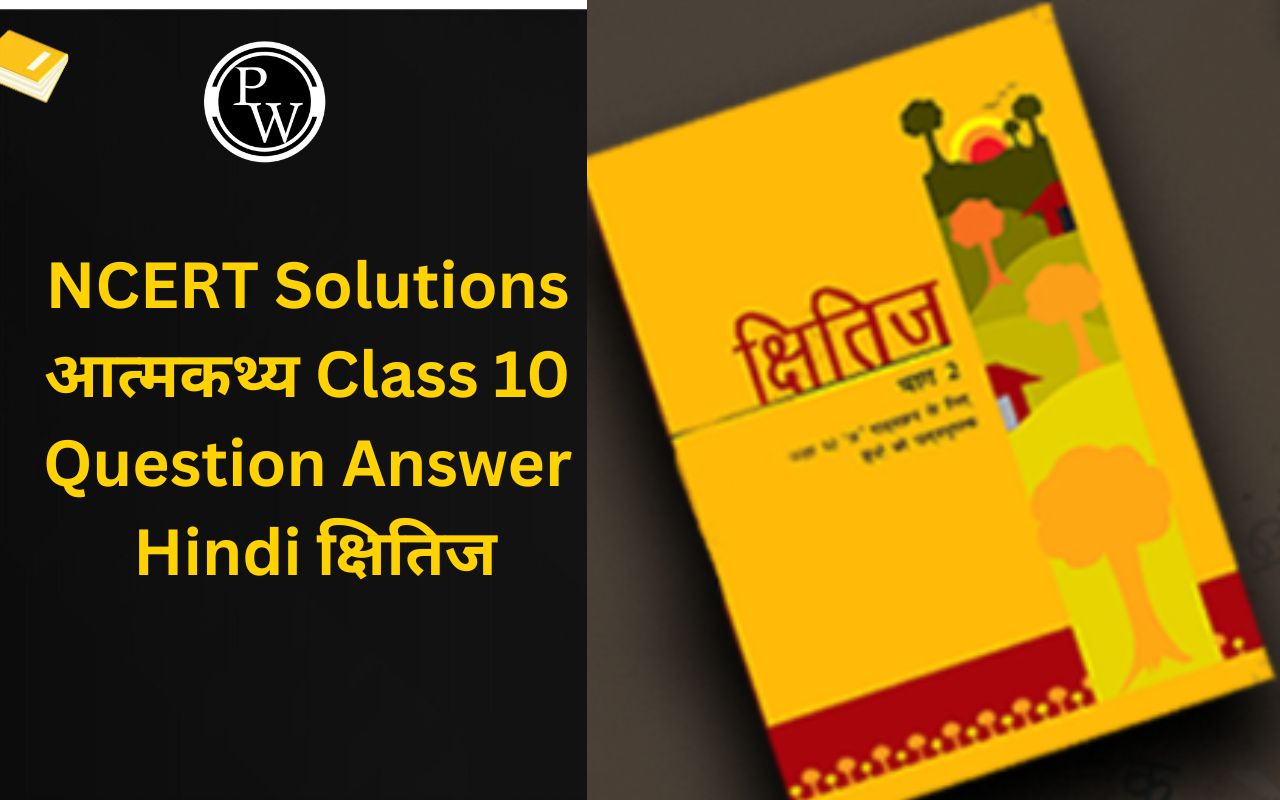
Regular Verbs: Regular verbs are action words in a sentence that follow a predictable pattern when changing their tense. They typically add "-ed" to form the past tense and "-ing" to form the present participle, like "walk" becomes "walked" in the past tense ("I walked") and "walking" in the present participle ("I am walking"). They follow the same rules for different subjects (like "I walk," "You Walk," "He walks," etc.).
Fortunately, they are not too difficult to master and are an essential component of language. Now that we have a definition of regular verbs, let's dissect it to see what they imply and how they function. To help you understand regular verbs, let's also look at some examples of them in use. Though most of us don't even realize it, we all utilize common verbs daily. There are two in that sentence: normal verbs like "use" and "notice" are both examples. This is because they can be changed to the past tense by simply appending "-ed" or "-d" to the verb's end, as in this example:- “I use a pencil to do my homework” becomes “I used a pencil to do my homework”.
- “I notice the trees on my way home” becomes, “I noticed the trees on my way home”.
Regular Verbs Meaning
Regular verbs are words that follow a consistent pattern when changing tenses in English. They form their past tense and past participle by adding "-ed" to the base form of the verb. For example, "walk" becomes "walked" in the past tense and "walked" or "walking" in the past participle. Regular verbs typically follow this pattern without any irregularities.Regular Verbs Examples
Below we have provided some of the basic examples of the regular verbs -Walk :
- Present Tense: "I walk to school every day."
- Past Tense: "Yesterday, I walked to school."
Play :
- Present Tense: "They play soccer on weekends."
- Past Tense: "Yesterday, they played soccer."
Talk :
- Present Tense: "She talks to her friends on the phone."
- Past Tense: "Yesterday, she talked to her friends on the phone."
Jump :
- Present Tense: "He jumps over the puddle."
- Past Tense: "Yesterday, he jumped over the puddle."
Regular Verb Forms
| Infinitive | Simple past | Past progressive |
| ask | asked | asked |
| look | looked | looked |
| start | started | started |
| talk | talked | talked |
| want | wanted | wanted |
How to Conjugate Regular Verbs?
Regular verbs can be conjugated to create both past participle and simple past forms. One can make a regular verb simply past by,- adding an ‘ed’ to the end of the base form of the regular verb and doubling the last consonant
- adding an ‘ed’ to the end of regular verbs – three or four-lettered monosyllabic words preceded and followed by consonants
- adding a ‘d’ to the end of the base form of the regular verb ending with an ‘e’
- removing ‘y’ and adding an ‘ied’ to the end of the base form of the regular verb ending with a consonant and a ‘y’
- adding ‘ed’ to monosyllabic words ending with a vowel followed by a ‘y’
Conjugating Regular Verbs to Form Simple Past Examples
| Regular Verb | Simple Past Form of the Verb |
| Accept | Accepted |
| Reach | Reached |
| Offend | Offended |
| Pack | Packed |
| Scatter | Scattered |
Conjugating Regular Verbs Ending with an ‘e’ to Form Simple Past Examples
- walk - walked
- laugh - laughed
- jump - jumped
- talk - talked
- look - looked
- agree - agreed
- listen - listened
- dance - danced
- wonder - wondered
- wish - wished
- wonder - wondered
- phone - phoned
- type - typed
- drop - dropped
- twirl - twirled
- smile - smiled
Conjugating Regular Verbs Ending with ‘y’ to Form Simple Past Examples
Carry
- Base Form: Carry
- Simple Past Tense: Carried
Study
- Base Form: Study
- Simple Past Tense: Studied
Cry
- Base Form: Cry
- Simple Past Tense: Cried
Try
- Base Form: Try
- Simple Past Tense: Tried
Marry
- Base Form: Marry
- Simple Past Tense: Married
Regular Verbs List
Here we have provided a list of these verbs words -| dam damage dance dare decay deceive decide decorate delay delight | deliver depend describe desert deserve destroy detect develop disagree disappear | disapprove disarm discover dislike divide double doubt drag drain dream | dress drip drop drown drum dry dust |
| earn educate embarrass employ empty encourage | end enjoy enter entertain escape examine | excite excuse exercise exist expand expect | explain explode extend |
| face fade fail fancy fasten fax fear fence | fetch file fill film fire fit fix flap | flash float flood flow flower fold follow fool | force form found frame frighten fry |
| gather gaze glow glue | grab grate grease greet | grin grip groan guarantee | guard guess guide |
| hammer hand handle hang happen harass | harm hate haunt head heal heap | heat help hook hop hope hover | hug hum hunt hurry |
| identify ignore imagine impress improve include | increase influence inform inject injure instruct | intend interest interfere interrupt introduce invent | invite irritate itch |
| jail jam | jog join | joke judge | juggle jump |
| kick kill | kiss kneel | knit knock | knot |
| label land last laugh launch | learn level license lick lie | lighten like list listen live | load lock long look love |
| man manage march mark marry match mate | matter measure meddle melt memorise mend mess up | milk mine miss mix moan moor mourn | move muddle mug multiply murder |
| nail name | need nest | nod note | notice number |
| obey object observe | obtain occur offend | offer open order | overflow owe own |
| pack paddle paint park part pass paste pat pause peck pedal peel peep perform permit | phone pick pinch pine place plan plant play please plug point poke polish pop | possess post pour practise (BrE) practice (AmE) pray preach precede prefer prepare present preserve press pretend | prevent prick print produce program promise protect provide pull pump punch puncture punish push |
| question | queue | ||
| race radiate rain raise reach realise receive recognise record reduce reflect | refuse regret reign reject rejoice relax release rely remain remember remind | remove repair repeat replace reply report reproduce request rescue retire return | rhyme rinse risk rob rock roll rot rub ruin rule rush |
| sack sail satisfy save saw scare scatter scold scorch scrape scratch scream screw scribble scrub seal search separate serve settle shade share shave shelter | shiver shock shop shrug sigh sign signal sin sip ski skip slap slip slow smash smell smile smoke snatch sneeze sniff snore snow soak | soothe sound spare spark sparkle spell spill spoil spot spray sprout squash squeak squeal squeeze stain stamp stare start stay steer step stir stitch | stop store strap strengthen stretch strip stroke stuff subtract succeed suck suffer suggest suit supply support suppose surprise surround suspect suspend switch |
| talk tame tap taste tease telephone tempt terrify test thank | thaw tick tickle tie time tip tire touch tour tow | trace trade train transport trap travel treat tremble trick trip | trot trouble trust try tug tumble turn twist type |
| undress unfasten | unite unlock | unpack untidy | use |
| vanish | visit | ||
| wail wait walk wander want warm warn wash | waste watch water wave weigh welcome whine whip | whirl whisper whistle wink wipe wish wobble wonder | work worry wrap wreck wrestle wriggle |
| x-ray | |||
| yawn | yell | ||
| zip | zoom |
Benefits of Learning Regular Verbs
Here we have provided some of the benefits of learning these Verbs -- Common Usage : They are used very frequently in everyday communication. Knowing them helps you understand and express yourself better in both speaking and writing.
- Foundation for Communication : They follow predictable patterns, which makes them a good starting point for building your vocabulary and understanding the structure of the language. Once you know the rules for regular words, it becomes easier to learn irregular ones.
- Grammar and Sentence Structure : Understanding these helps you grasp the basic grammar and sentence structure of the language. They demonstrate how verbs change tense, which is crucial for constructing clear and accurate sentences.
- Confidence Building : Mastering regular words gives you confidence in your language skills. It's rewarding to see progress as you become more comfortable using them correctly in conversation and writing.
- Building Blocks for Learning : Regular words serve as building blocks for learning more complex language concepts. Once you have a solid understanding of regular verbs, you can expand your knowledge of irregular verbs and other aspects of grammar and vocabulary.
| Verbs | Verb Forms |
| Main Verbs | Helping Verbs |
| Regular Verbs | Transitive and Intransitive Verbs |
Regular Verbs FAQs
What is a regular verb example?
Regular verbs are verbs whose past tense versions are formed by adding an -ed to the end, such as 'walk,' 'climb,' 'decide,' 'describe,' 'drop,' 'want,' 'call,' and 'beg. ' A simple past sentence contains only the past tense verb, as in 'She walked to school.
What are the 10 most used regular verbs?
Regular verbs follow a specific pattern when it comes to forming the past tense and past participle forms. In English, the top 10 regular verbs are want, look, use, work, start, try, ask, need, talk, and help.
What is a regular verb?
A regular verb is a verb that follows a predictable pattern when switching between tenses.
Talk to a counsellorHave doubts? Our support team will be happy to assist you!

Check out these Related Articles
Free Learning Resources
PW Books
Notes (Class 10-12)
PW Study Materials
Notes (Class 6-9)
Ncert Solutions
Govt Exams
Class 6th to 12th Online Courses
Govt Job Exams Courses
UPSC Coaching
Defence Exam Coaching
Gate Exam Coaching
Other Exams
Know about Physics Wallah
Physics Wallah is an Indian edtech platform that provides accessible & comprehensive learning experiences to students from Class 6th to postgraduate level. We also provide extensive NCERT solutions, sample paper, NEET, JEE Mains, BITSAT previous year papers & more such resources to students. Physics Wallah also caters to over 3.5 million registered students and over 78 lakh+ Youtube subscribers with 4.8 rating on its app.
We Stand Out because
We provide students with intensive courses with India’s qualified & experienced faculties & mentors. PW strives to make the learning experience comprehensive and accessible for students of all sections of society. We believe in empowering every single student who couldn't dream of a good career in engineering and medical field earlier.
Our Key Focus Areas
Physics Wallah's main focus is to make the learning experience as economical as possible for all students. With our affordable courses like Lakshya, Udaan and Arjuna and many others, we have been able to provide a platform for lakhs of aspirants. From providing Chemistry, Maths, Physics formula to giving e-books of eminent authors like RD Sharma, RS Aggarwal and Lakhmir Singh, PW focuses on every single student's need for preparation.
What Makes Us Different
Physics Wallah strives to develop a comprehensive pedagogical structure for students, where they get a state-of-the-art learning experience with study material and resources. Apart from catering students preparing for JEE Mains and NEET, PW also provides study material for each state board like Uttar Pradesh, Bihar, and others
Copyright © 2026 Physicswallah Limited All rights reserved.
